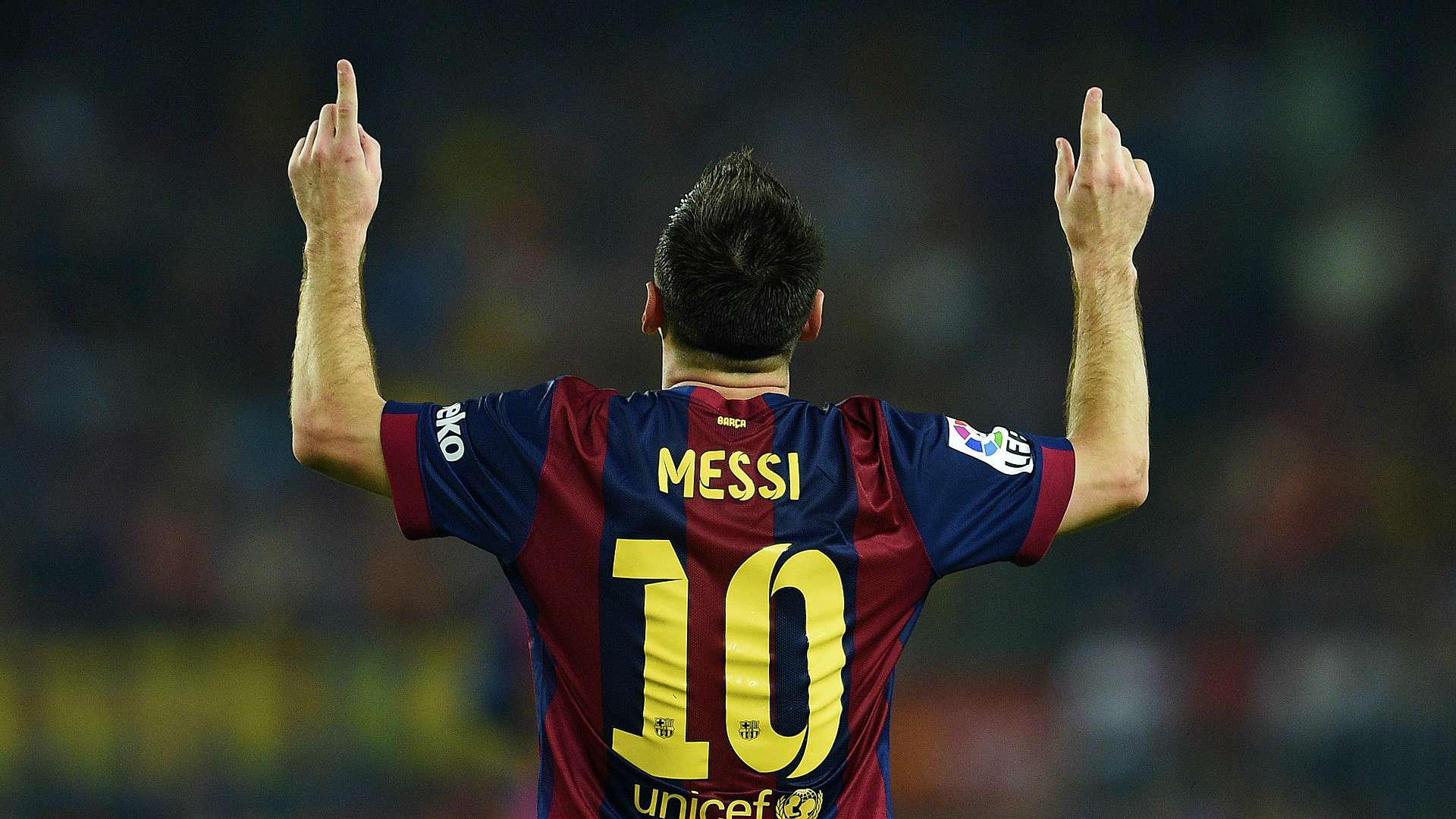For months, Barcelona have been drawing up a viable financial plan to sign Lionel Messi. The club, which reportedly has to shed nearly €200 million (£176m/$220m) before they can make any financial moves this summer, has supposedly plugged away on a miracle solution to circumvent La Liga's strict financial rules, and bring their club legend back home.
The finest financial minds the club could assemble got together and decided, rather shrewdly, that they would simply agree to cut costs over a three-year period — gradually reducing salaries or engaging in other moves to raise the funds they need immediately. In return, the club told La Liga, they wanted to be able to sign Messi immediately.
The league, after a few weeks of negotiations, rejected Barcelona's master plan. But things have since changed. La Liga made a sensational U-Turn, accepting a plan in principle. It doesn't mean, though, that all is clear. Barcelona still have to sell players, and find cash elsewhere.
So, the Blaugrana are stuck once more. Last summer, club president Joan Laporta famously activated a series of economic levers to cut costs and free up financial flexibility. He auctioned off one set of TV rights, flogged another, sold nearly 50 percent of the club's merchandising rights and encouraged a number of senior players to either defer or forgo large chunks of their salary.
It just about worked — at least, enough for the club to first stay afloat and then bring in a host of summer signings. But now, they have their eyes on another one, a potential arrival that will require far more effort than the flimsy plan formed by Barcelona's brain trust.
And the conditions, pieced together, despite La Liga's sudden good wishes, make a Messi return to his boyhood club seem unlikely. Even though there is a mutual interest, and a glimmer of hope, financial barriers once again blocking the Argentine from a Catalan swansong.
